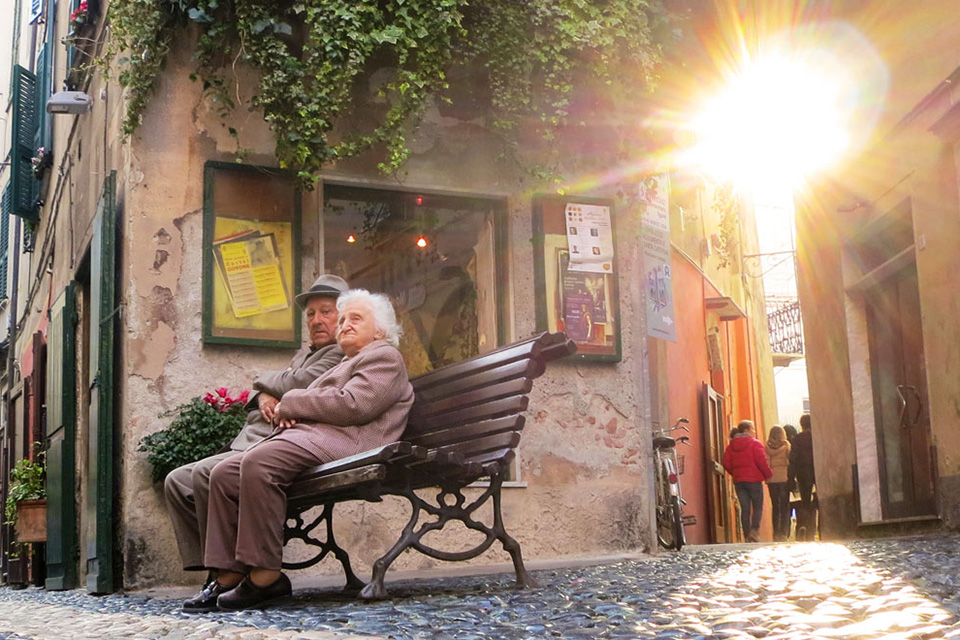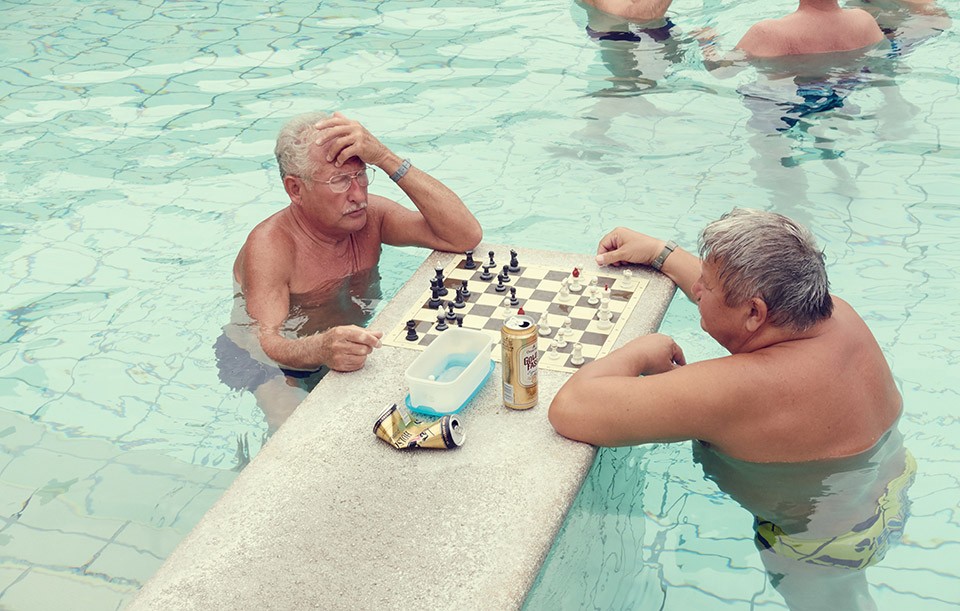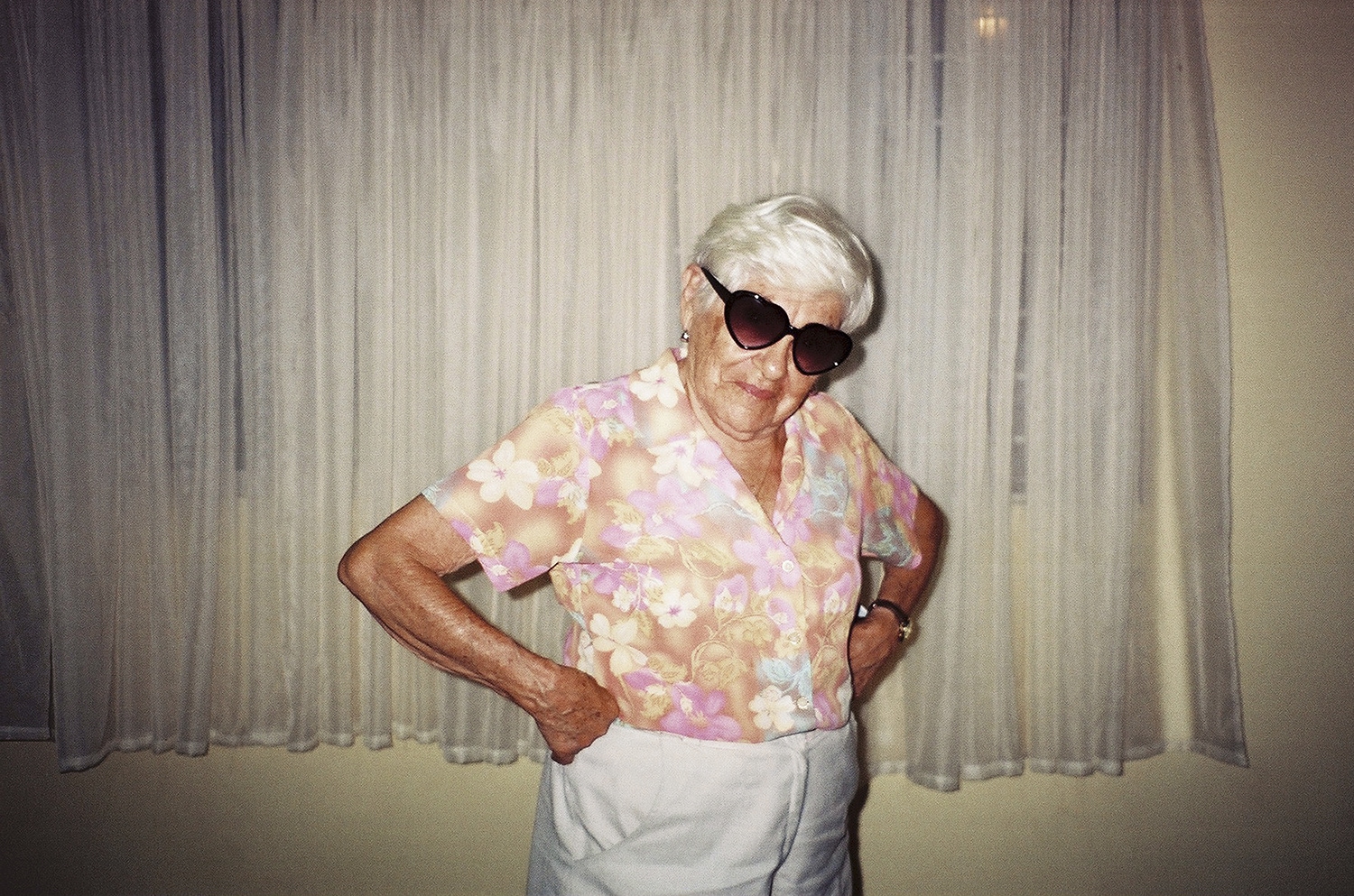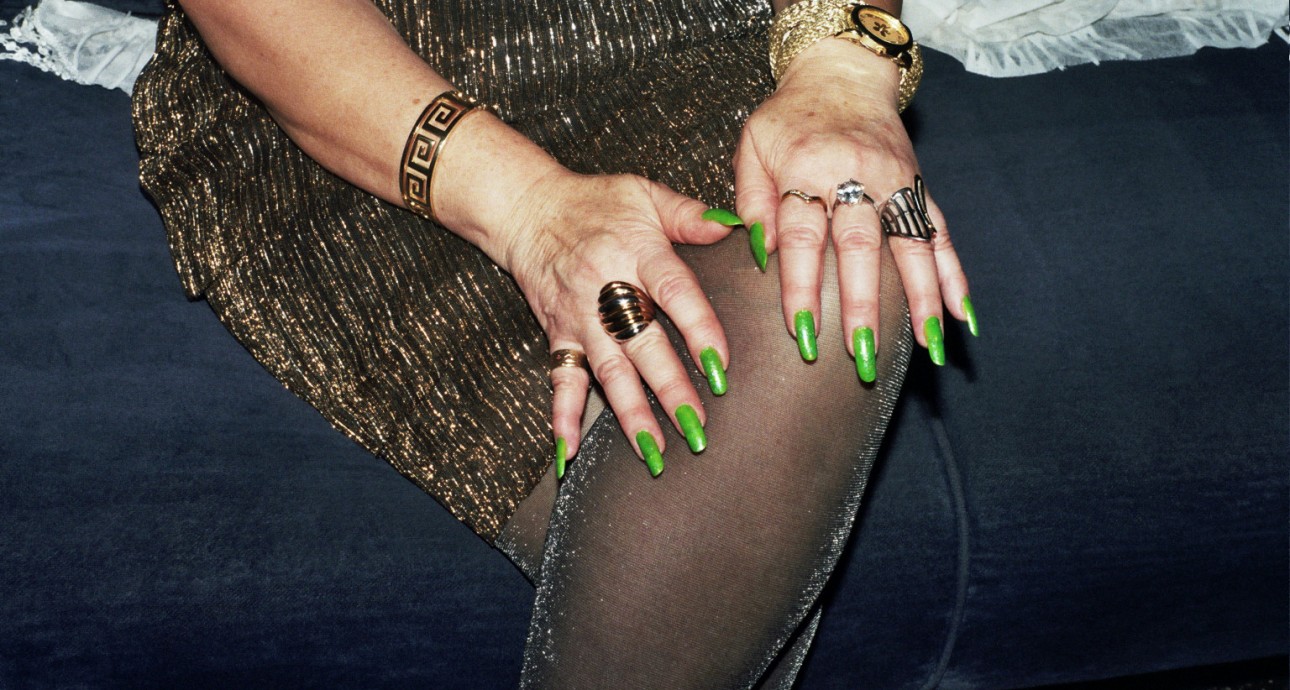
Last Adolescence: Dancing Clubs for Pensioners in Marina Colas’ Project

Screenwriter, director, cinematographer, journalist, photographer, and artist. Lives in Spain. Exhibited her works in Madrid and Barcelona. Her project Last Adolescence was published in Vice and iGNANT.
For three or four months, I spent every weekend visiting several over-forties nightclubs located in central areas of Barcelona and “special dance nights” in some cultural centers placed in the outskirts of the city.
Asking for permission to take pictures in such places is very complicated. The owners truly defend the privacy of their clients. It is almost impossible to find people under the age of 65 there, they are usually married, but come to the clubs to look for extramarital relationships.
I had to spend many nights meeting these people and talking to them before I could start my job. I wanted to make the clients and the employees of the clubs comfortable with me and my presence in their environment before doing anything with my camera.
There are many popular dance halls for the elderly in Barcelona, such as “Tango” or “Marabú”. Most of them have been there for 30 or 40 years.
From the beginning, you can feel there’s a party going on. Women attend the clubs extremely well-dressed and excessively made up. They behave like enthusiast teenagers flirting with men and having racy conversations about them in the bathroom. On the other side, my first impression was that men’s behaviour was completely polite. I was kindly invited to dance or to have a drink several times, but later I could feel some kind of repressed sexual energy on them.
The night starts with an orchestra playing old covers of Spanish tunes from the 60s and 70s. Afterwards, a DJ shows up playing romantic ballads, known to the Spanish generation born between 1940 and 1950: duets or bands singing classic pop in their own language. Later on, a second DJ closes the night playing salsa hits, quickstep, merengue, and bachata.
I think that the music helps to amplify the feeling of nostalgia for the pensioners, the feeling that now is not their time. I could feel their bitterness, as in some way the clients of the clubs are out of the nighttime and daytime society.
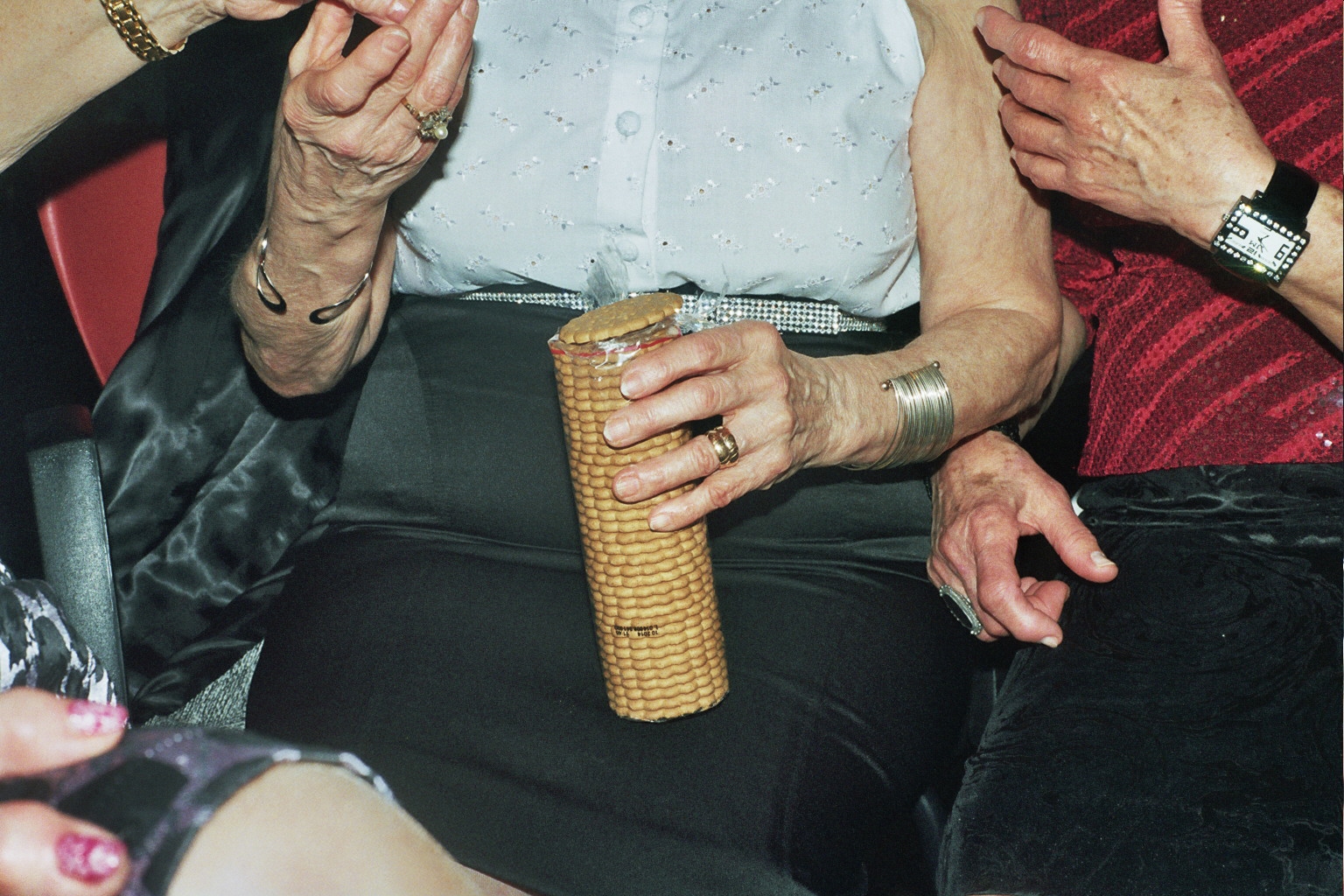

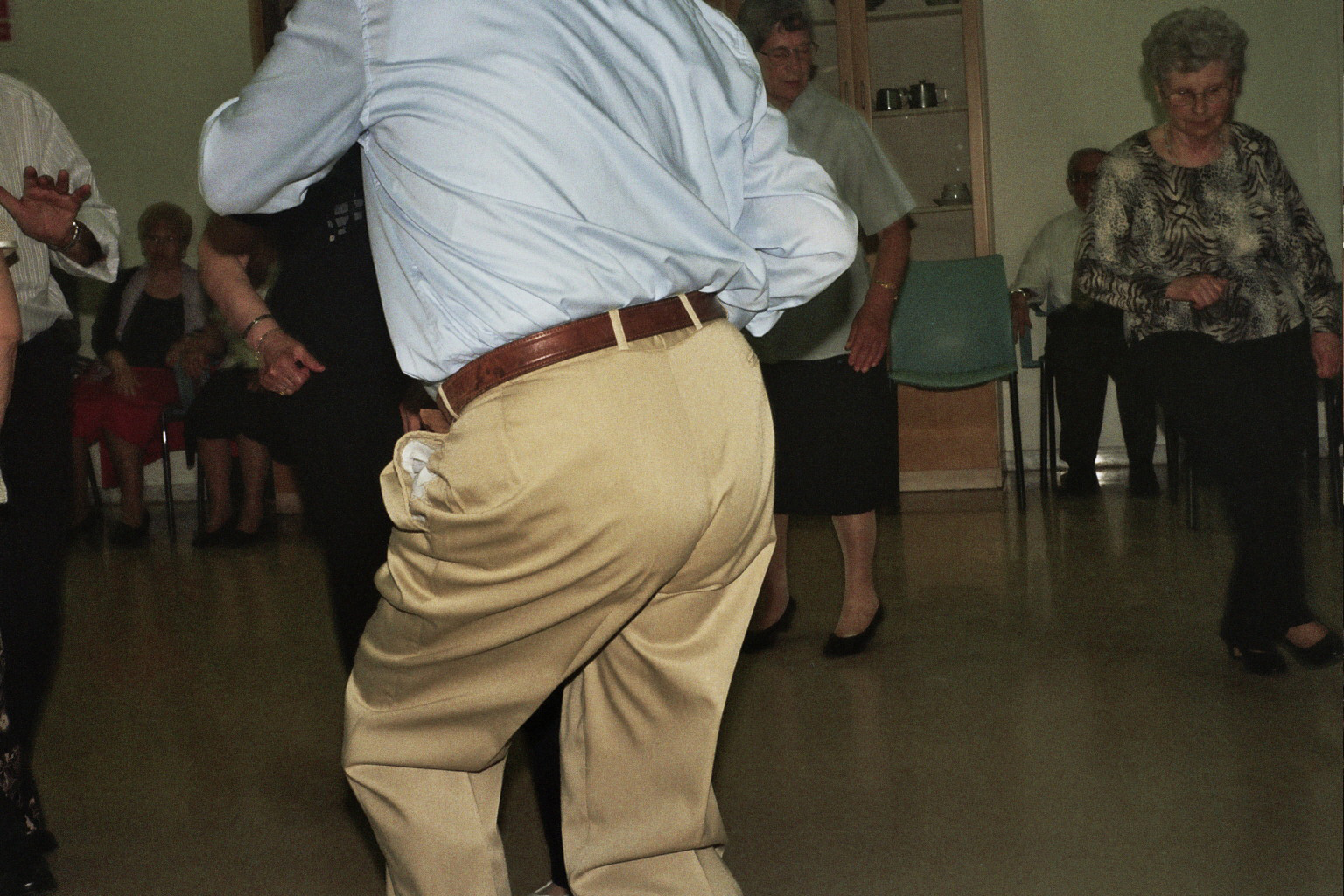
After some days of working on this project, I was aware that the environment was gloomy and also slightly hostile. I felt a certain atmosphere of disappointment. Some clubs are only attended by couples to practice their skills in salsa, tango or ballroom dancing, but in other nightclubs single women — mostly divorced or widowed — are hunting for a good piece, maybe to feel accompanied by someone again. However, single men are always full of testosterone, even if they’re 95, and it looks like they’re seeking more fleeting relationships.
Many times I could see tension in some of the couples because they had a camera in front of them, and on several occasions men with their lovers tried to take my camera from me.
For some people these places are the only social source where they can rediscover some of the emotions of their youth. Others seem anxiously scratching their distant youth through their appearance and behavior. The truth is that if one day I’m in a place like that it is because I lost something essential on the way to my very last period of life.
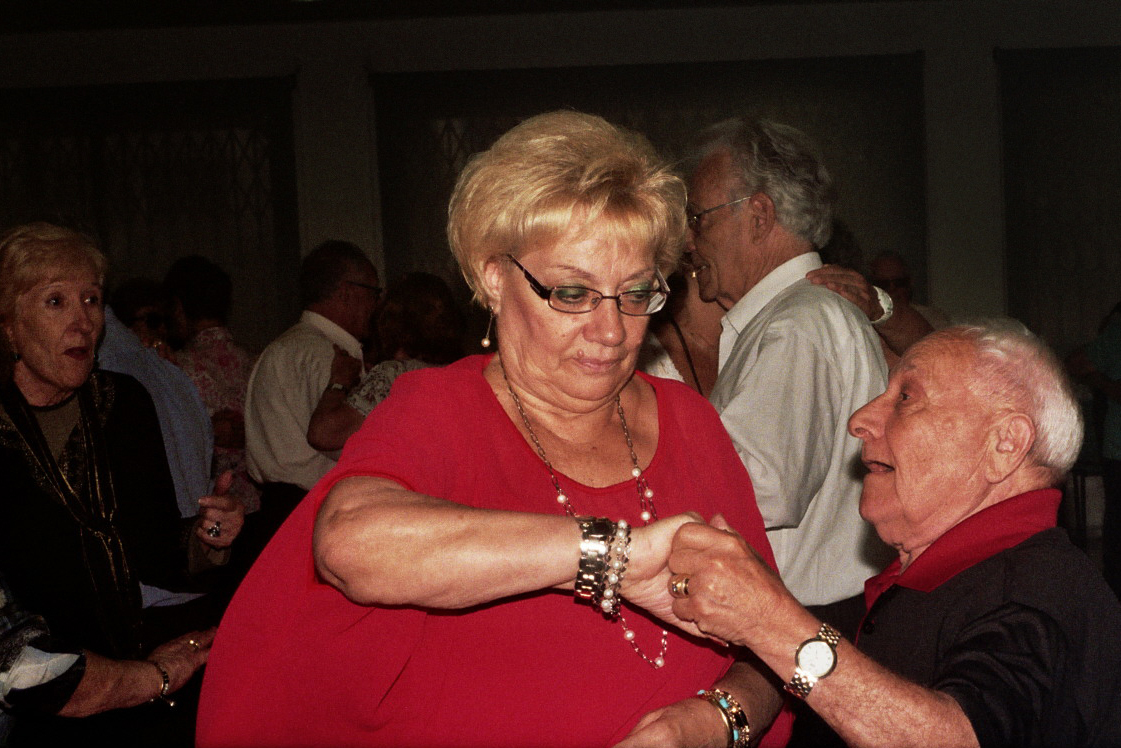
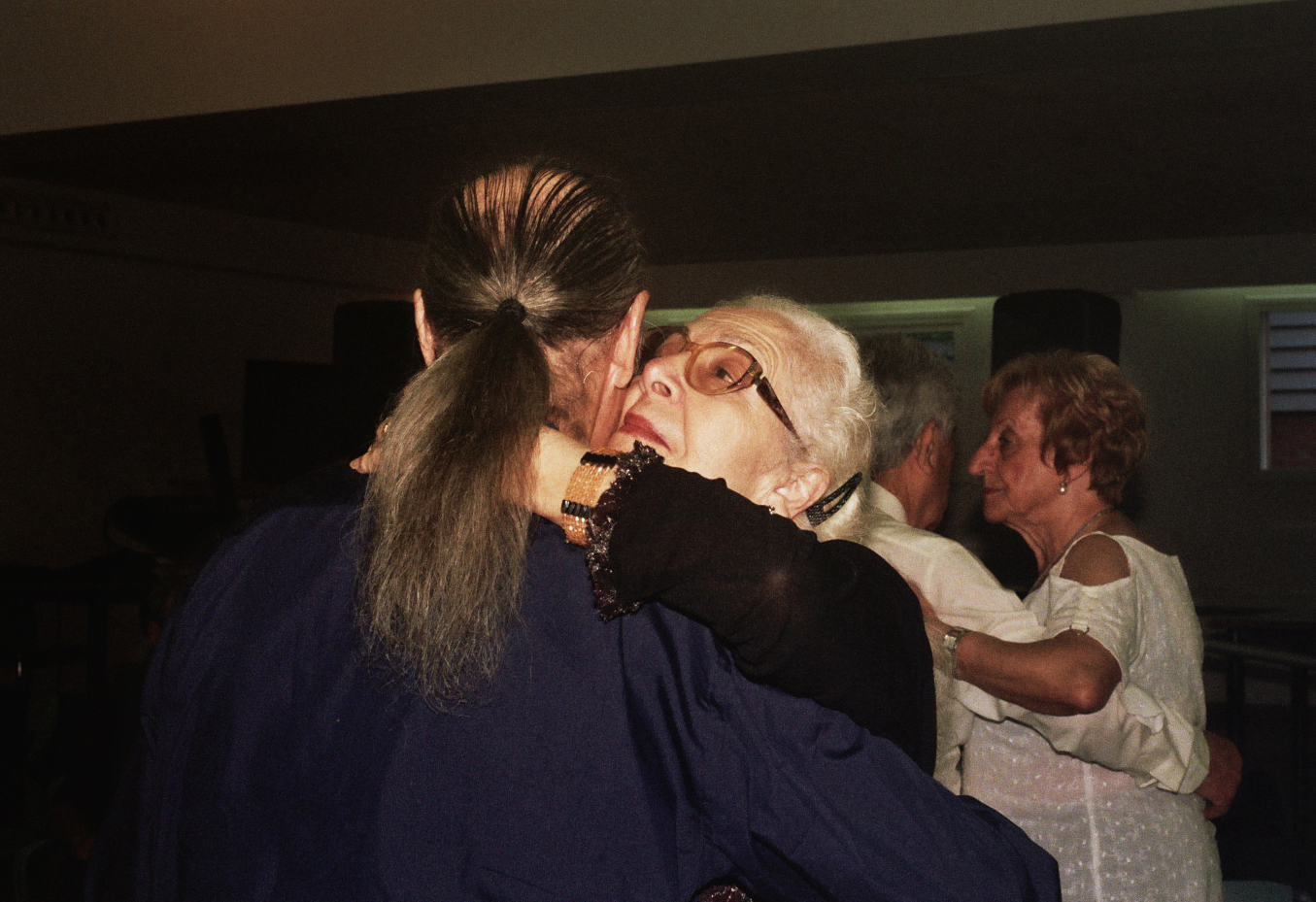
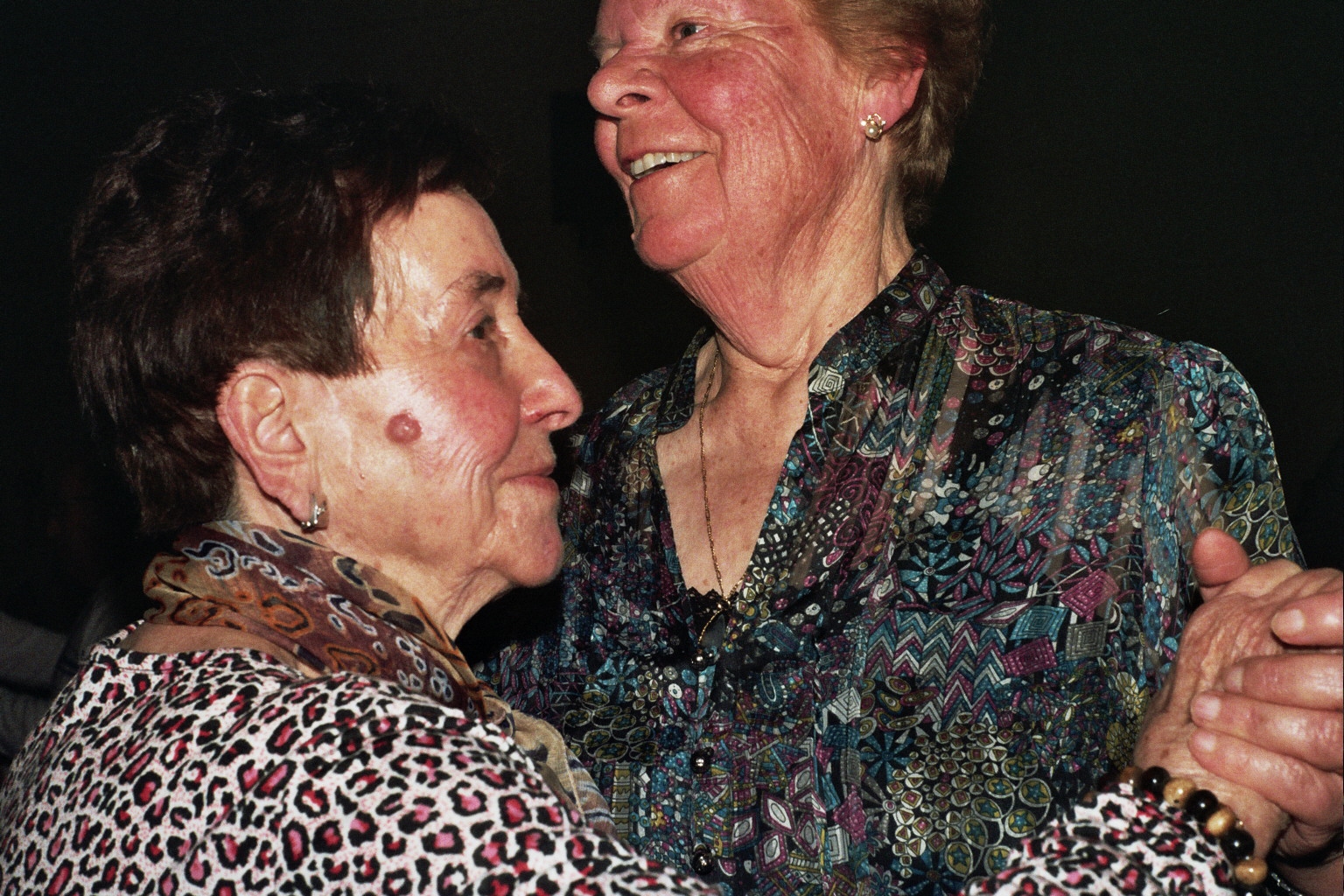
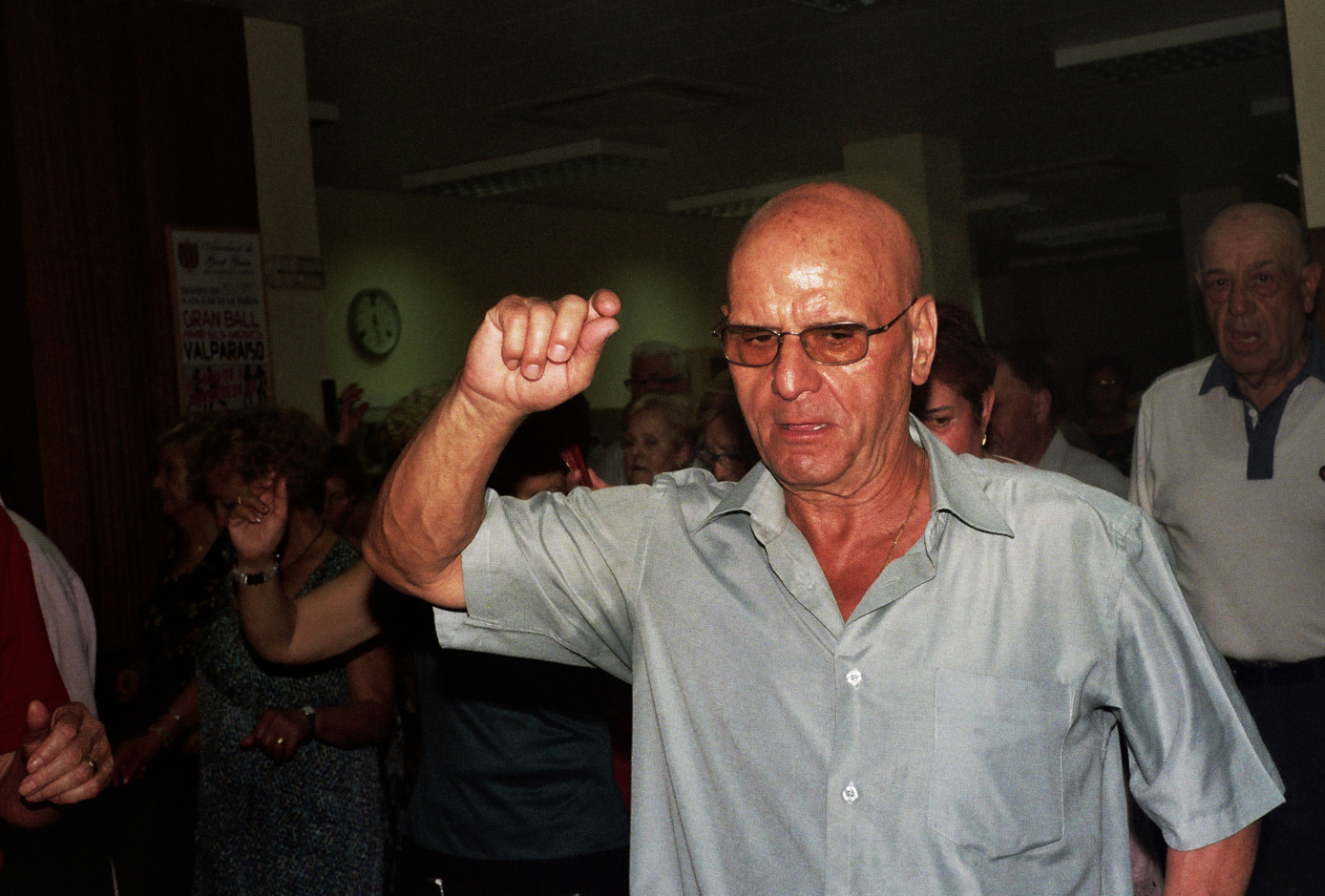
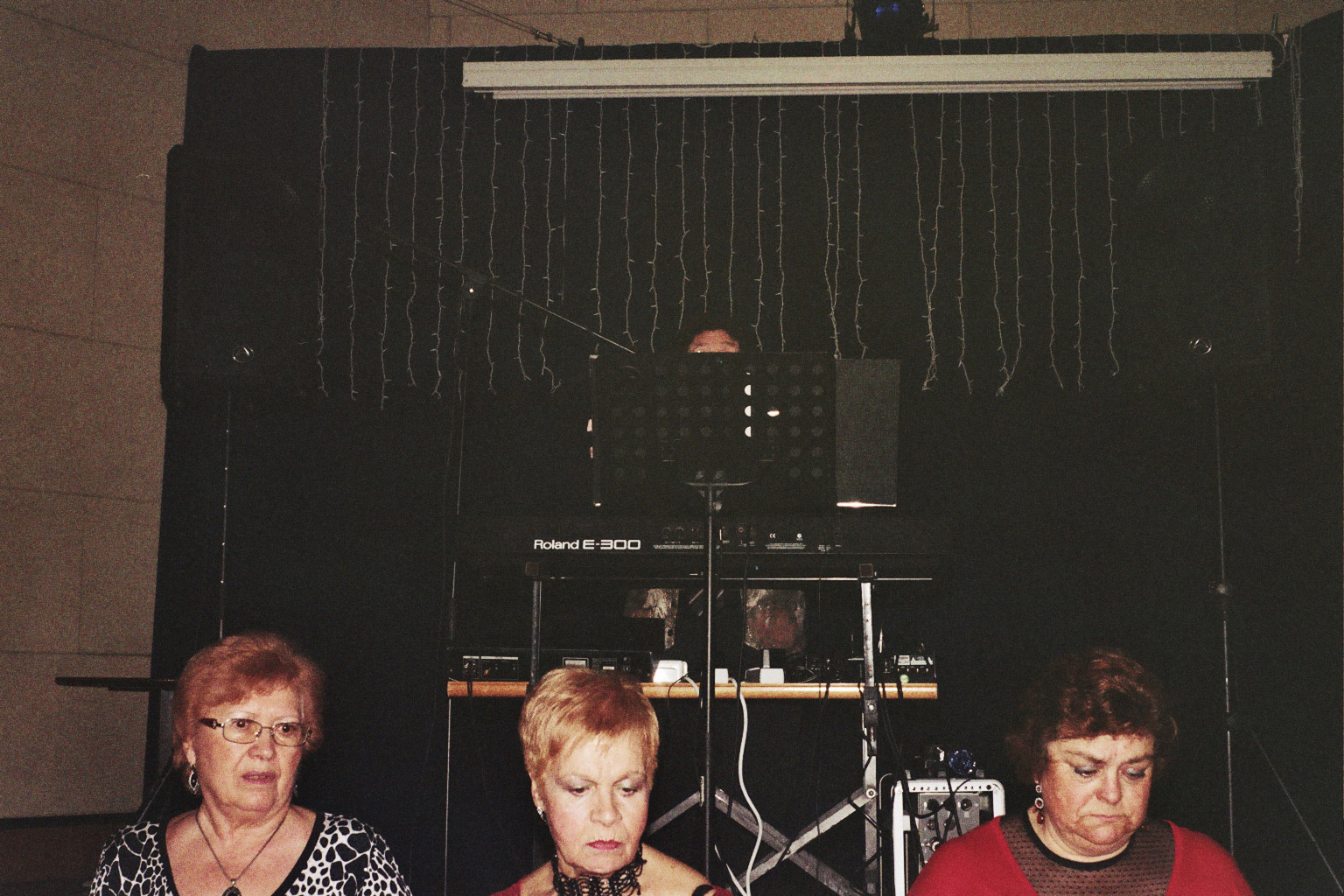
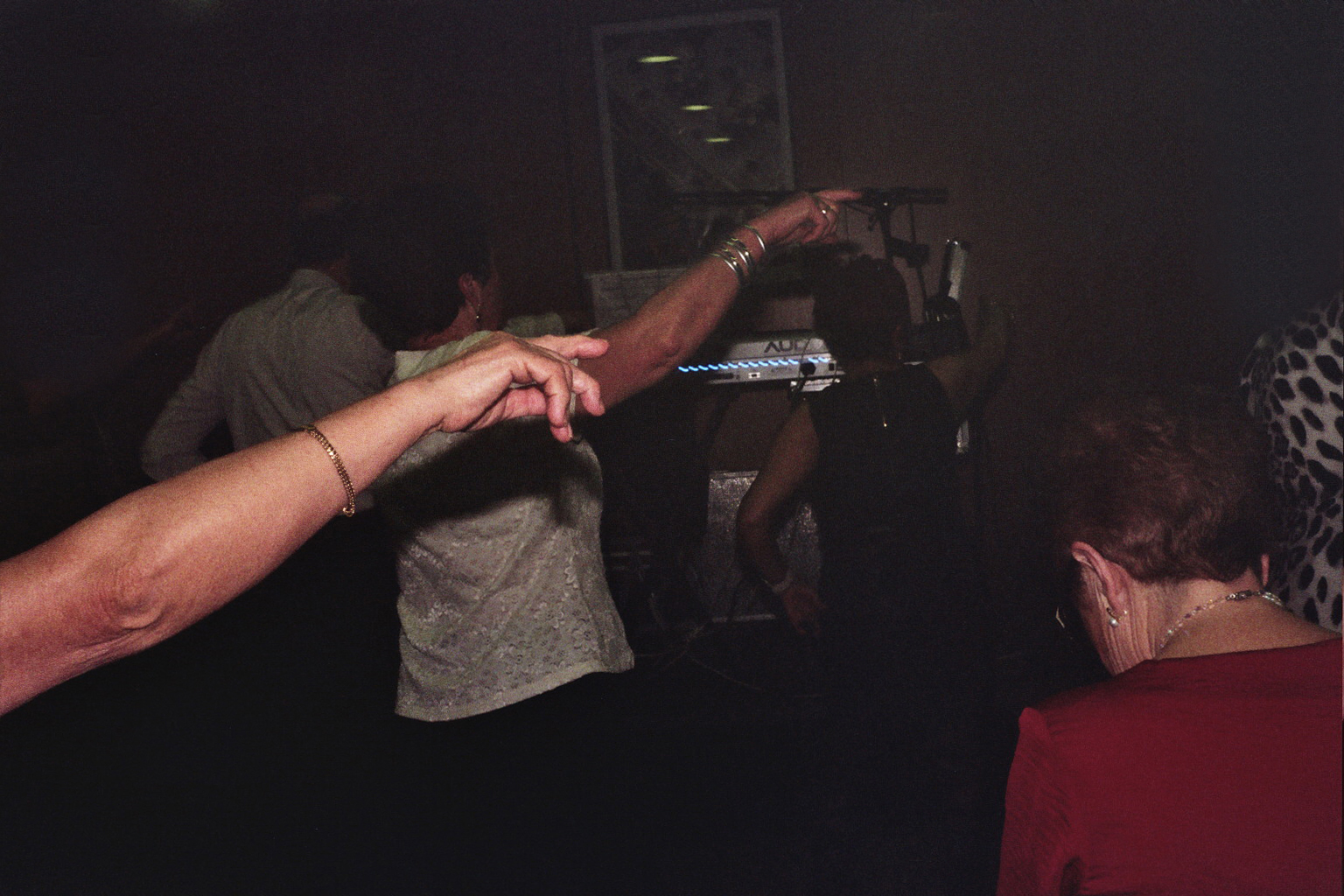
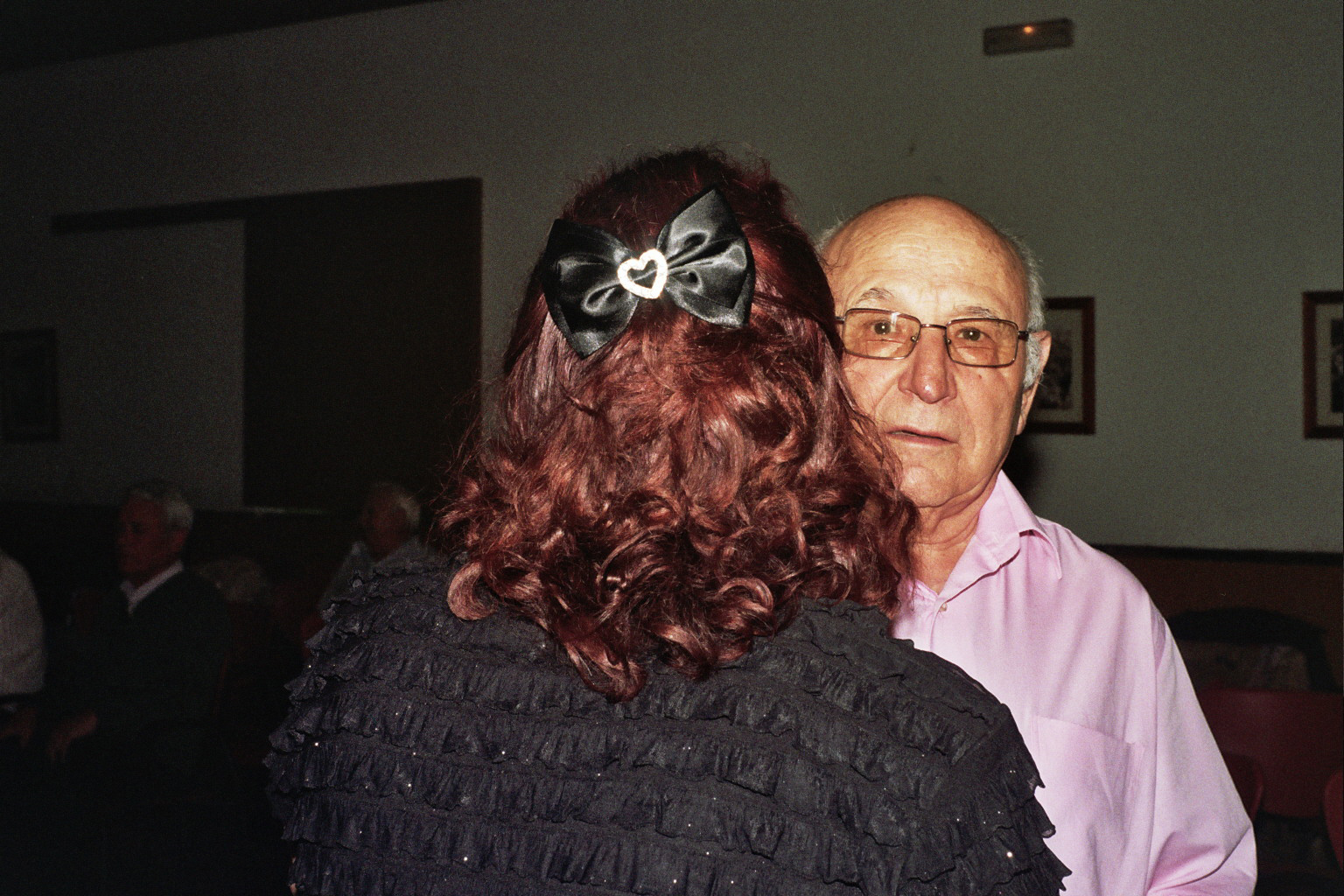
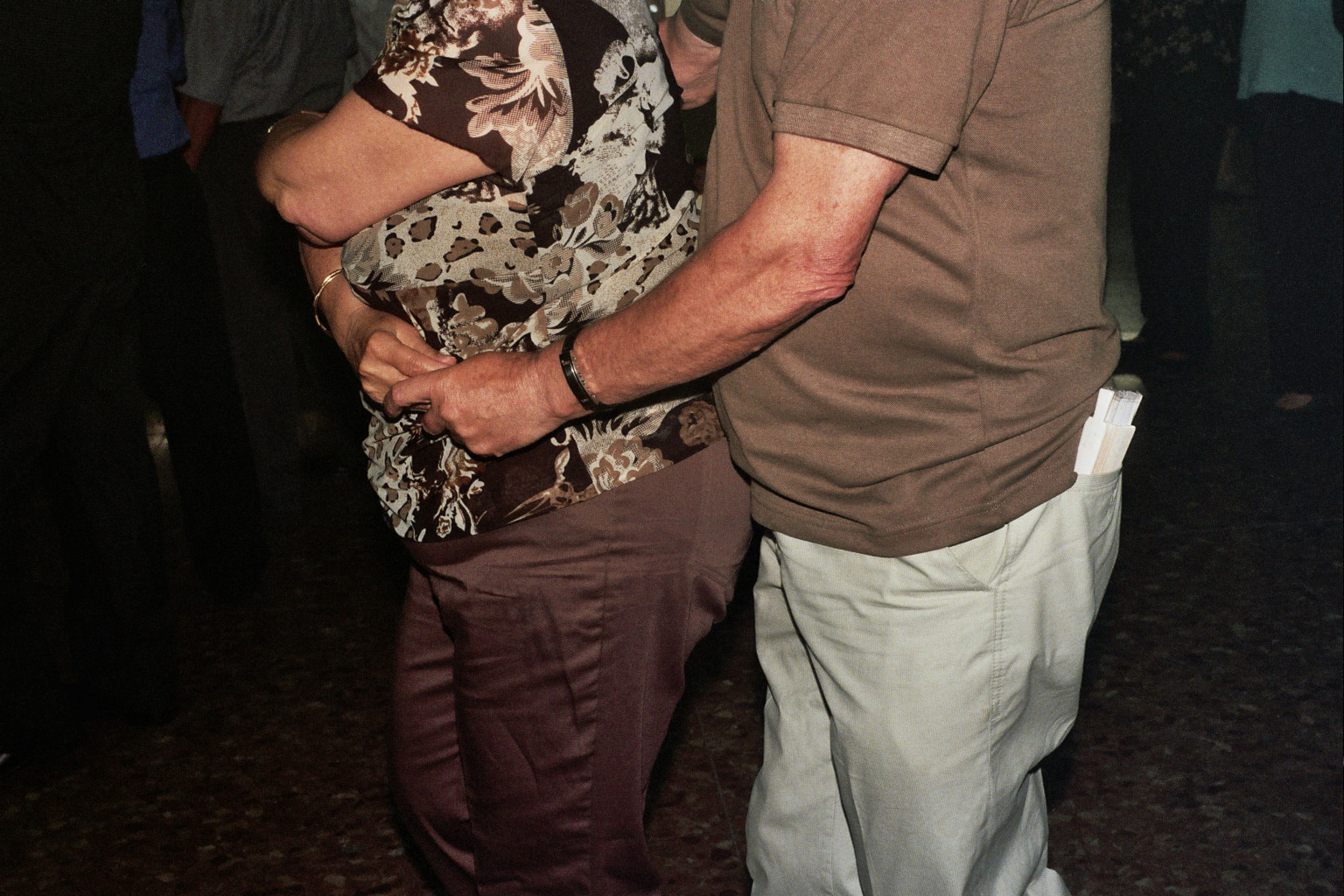
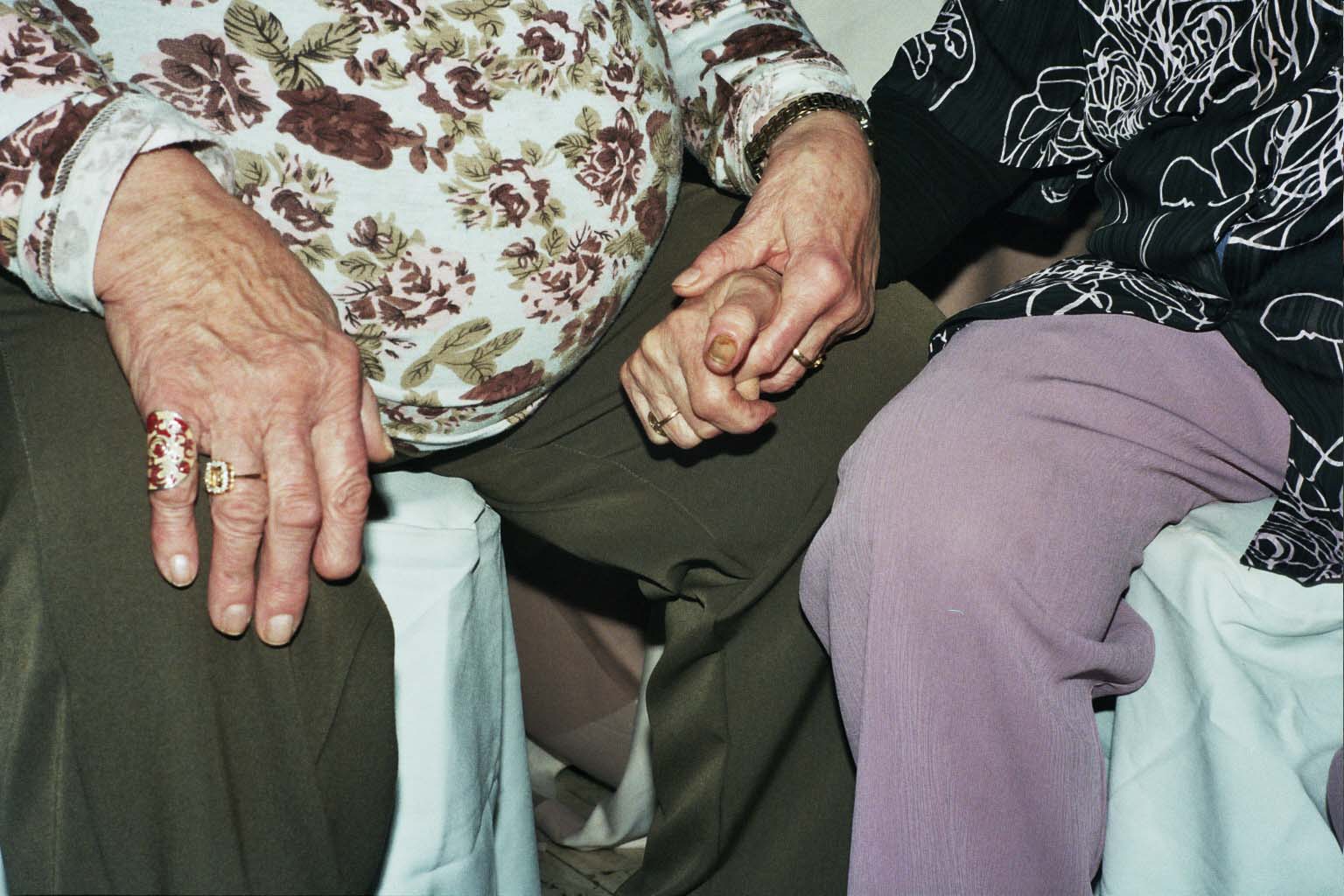
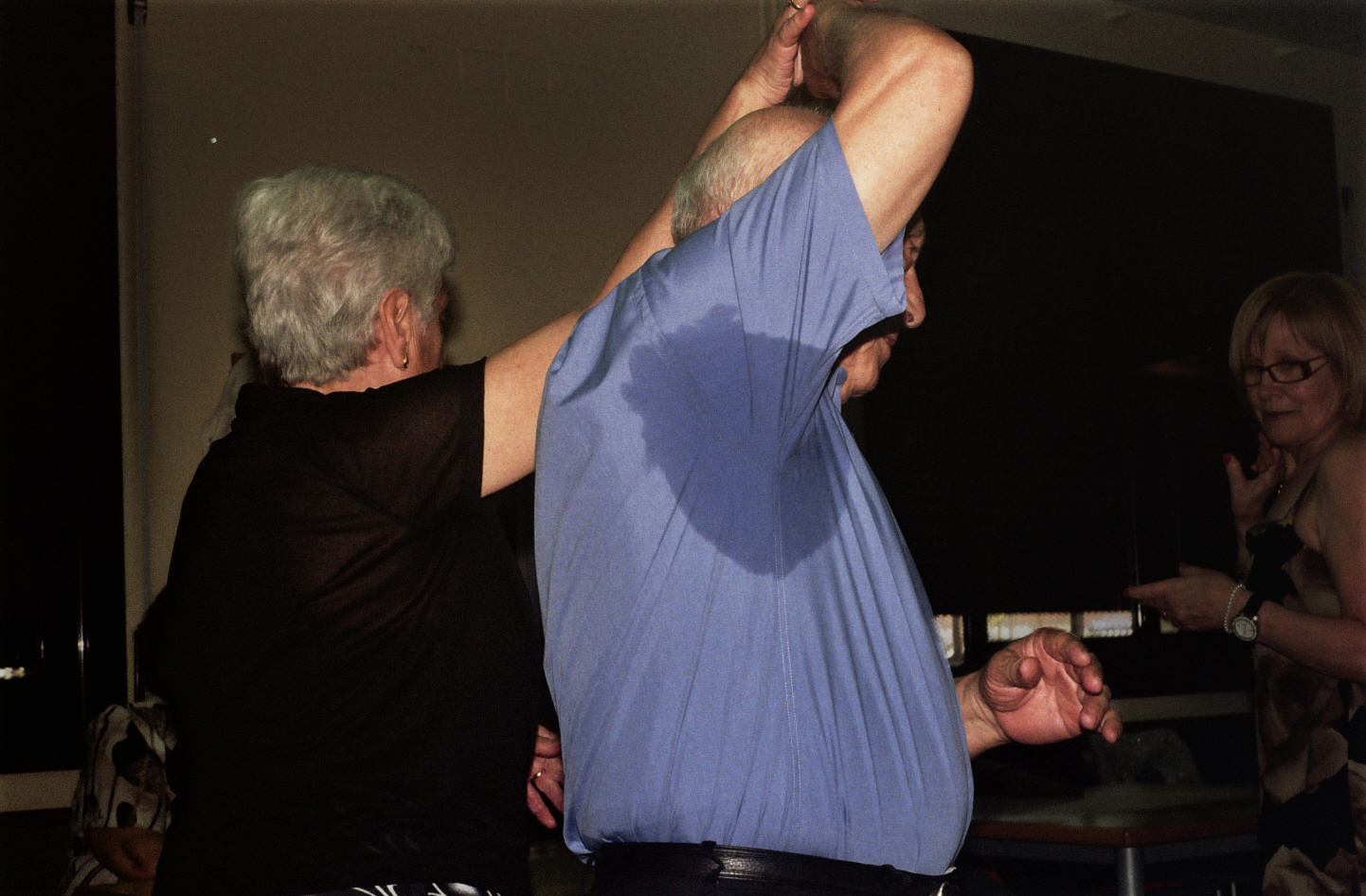
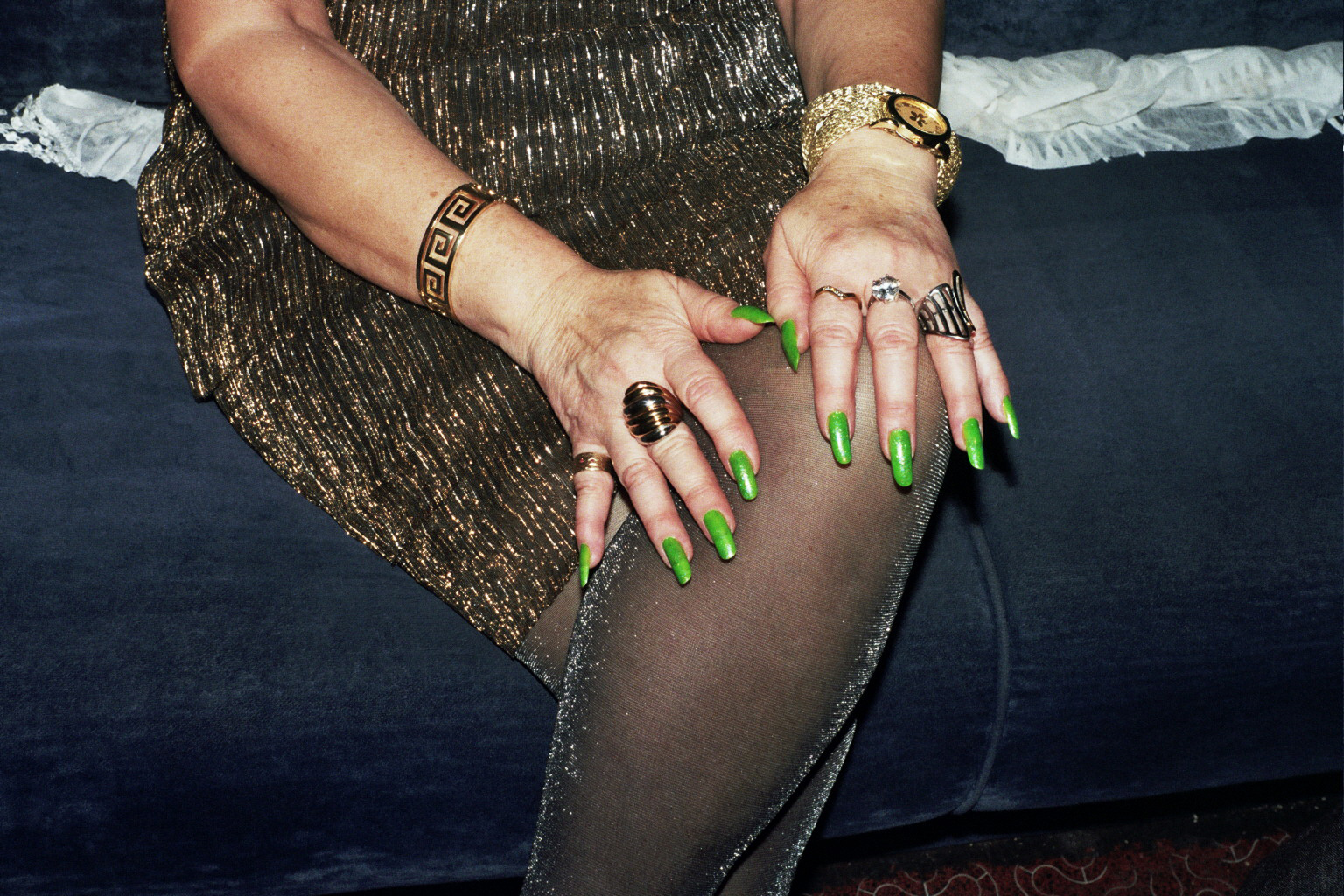
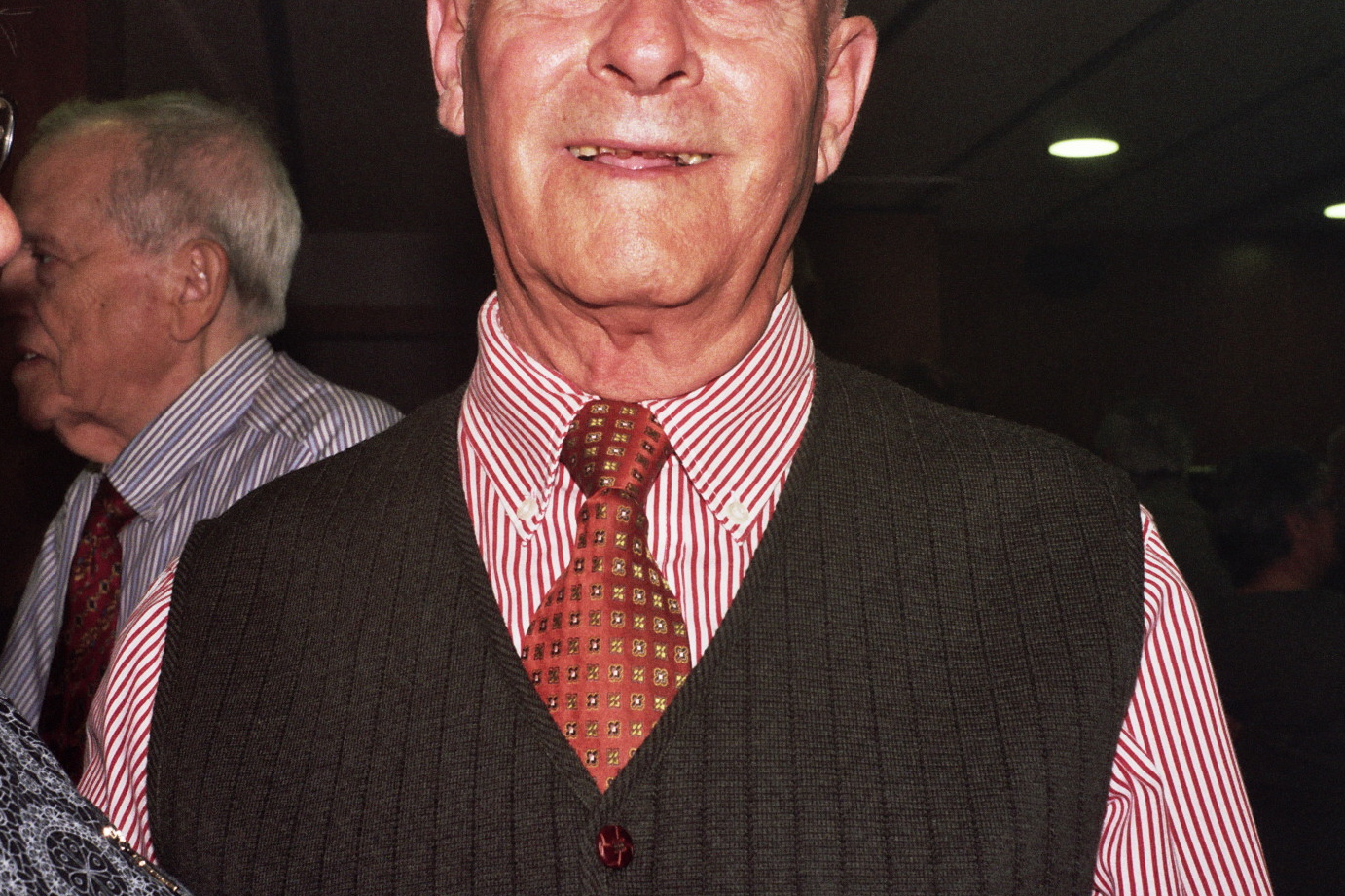
New and best


